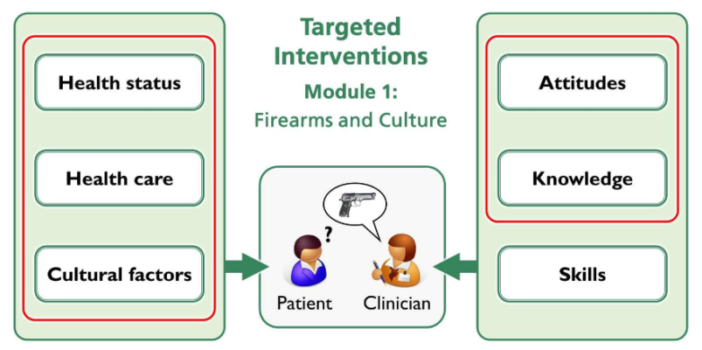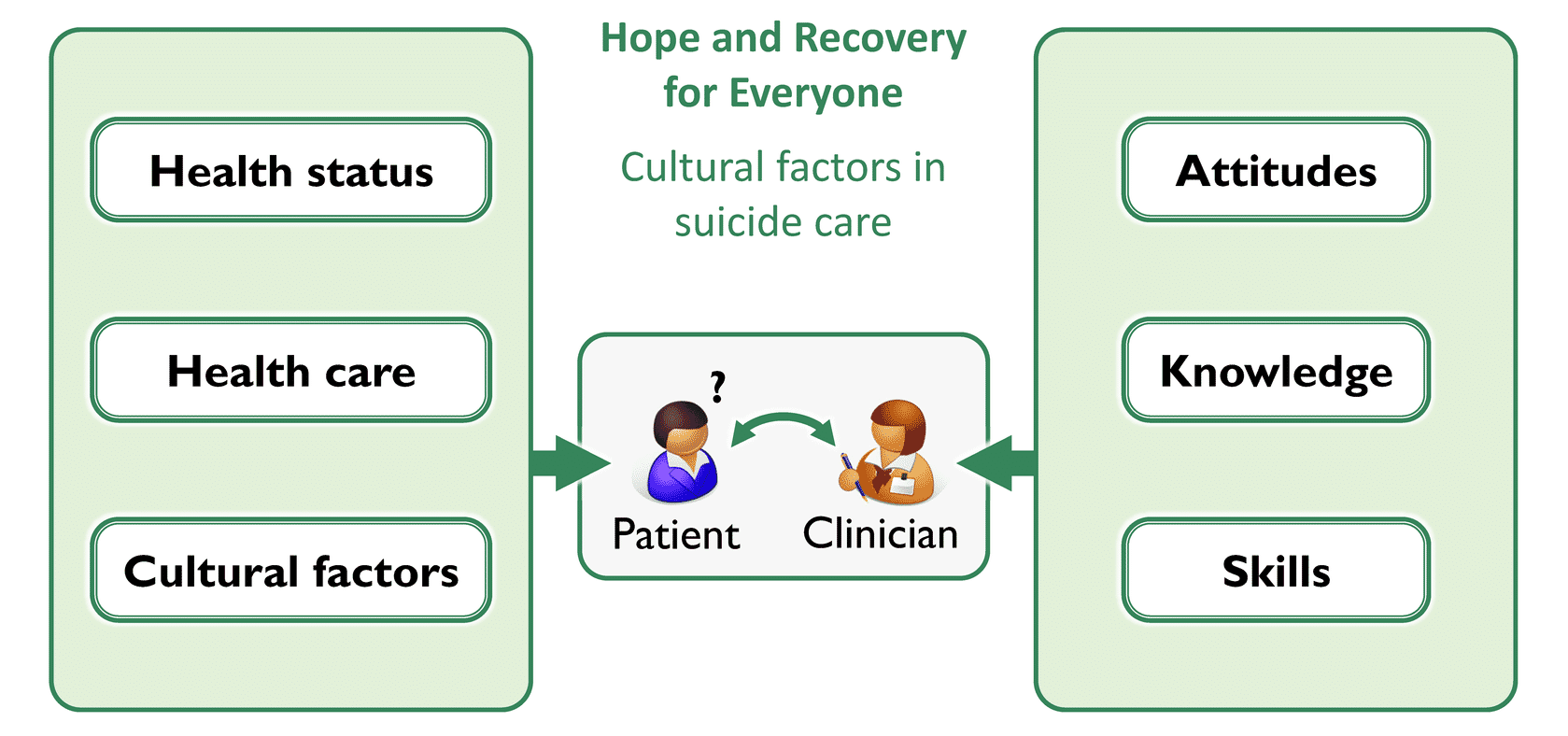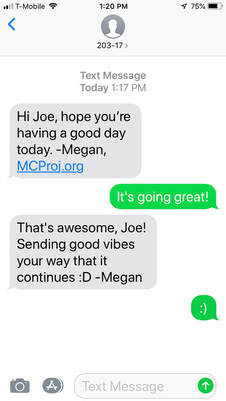This self-paced online course reviews the attitudes, knowledge, and skills needed to support clinicians in working with patients who own and use firearms.
In the United States, self-directed firearm use accounts for approximately half of all suicide deaths. To address this risk in health care settings, clinical guidelines advise health care professionals to engage patients in discussions about reducing firearm access when suicide risk is identified. In practice, broad differences in worldviews and practical knowledge about firearms between clinicians and firearm owners sometimes hinder the success of these discussions.
In response to this “culture gap,” the online course Targeted Interventions: Firearms, Culture & Suicide Care reviews attitudes, knowledge, and skills to support clinicians in working with patients who own and use firearms.
It covers a framework for cultural competency training, worldviews about firearms and clinical responsibilities cultural factors related to firearm ownership and use and more.

Length: 3 Hours
Format: Online
Cost: Free (Optional CME at a cost)
Continuing Education: 3 CME ($25 fee to claim, payable after course completion.)
Hope for Everyone: Cultural Factors in Suicide Care is a self-paced online training course developed for clinicians who already possess basic knowledge of suicide assessment practices and are looking to improve their cultural competency when providing suicide care to patients.
People across all cultural groups are impacted by suicide, yet individual experiences of suicide, non-fatal suicidal behavior, and suicidal ideation are not universal. Health care professionals may need to adapt their approaches to suicide care for each individual to account for a variety of factors, including cultural factors.
In this training, participants will explore a clinically focused definition of culture and ways that cultural factors influence suicide risk.
Two clinical tools, the DSM-5 Cultural Formulation Interview and The Cultural Assessment of Risk for Suicide Screener, are then introduced to help facilitate culturally sensitive assessment and management of suicide risk.

Please note that this training was developed under the assumption that participants already possess basic knowledge of suicide risk assessment.
Length: 1 hour
Format: Online
Cost: Free (Optional CME at a cost)
Continuing Education: 1 CME ($25 fee to claim, payable after course completion.)
This course was developed by Forefront and the AIMS Center at the University of Washington, thanks to the Harborview Behavioral Health Institute and funding from the Substance Abuse and Mental Health Services Administration (SAMHSA).
Preventing Addiction Related Suicide (PARS) is a prevention intervention provided to addiction treatment patients who are at higher risk of suicide.

The PARS module is an interactive psychoeducational suicide prevention program designed to be used within community addiction group therapy treatment by addiction specialists and counselors, like SUDPs in Washington.
It is a three-hour PowerPoint based interactive group session focusing on future suicide prevention, not acute treatment. The PARS intervention was designed with input from addiction patients, counselors, and administrators to fit easily into intensive outpatient programs, the most common form of addiction treatment in the U.S.
Prior to PARS, no evidence-based suicide prevention intervention had been developed for alcohol/drug addiction treatment populations.
PARSWeb is an online training to help counselors deliver the PARS intervention to their clients in group settings. It includes: If you unsure about purchasing, we recommend reviewing the PARSWeb manual for free!
Length: 4 hours
Format: Online
Cost: $100.00
Continuing Education: No CE. A completion certificate is available upon passing the quiz.
These materials were developed in collaboration with the AIMS Center and Dr. Richard Ries.
Preventing Addiction Related Suicide (PARS) is a prevention intervention provided to addiction treatment patients.
The free manual consists of the PARS PowerPoint slides for administration to clients/patients and along with an integrated brief guide for counselors on leading discussions around slide content. If you are looking for additional training around use of this manual, we recommend the full PARSWeb training.
Length: Varies
Format: PDF
Cost: Free with Registration
Continuing Education: Not available
These materials were developed in collaboration with the AIMS Center and Dr. Richard Ries.
For more information, email cspartrainings@uw.edu
Please allow for up to 48 business hours for a response.
Caring Contacts is a simple but powerful suicide prevention intervention that radically changes the relationship between clinicians and clients.

Instead of waiting for clients to reach out in distress, a clinician or other caring individual sends 8 or more messages of care, support and connection to a suicidal individual over the course of a year or longer. Reaching out out to clients repeatedly over time leads to moments of connection and provides opportunities to offer help when it is needed.
This is a one-hour, interactive, self-paced training. It is designed to give providers and client-facing staff an additional tool to prevent suicide.
Length: 1 hour
Format: Online
Cost: Free
Continuing Education: This course does not provide CE.
This training was developed in collaboration with the AIMS Center and Behavioral Health Institute with Amanda Kerbrat, LICSW CSPAR Research Scientist.
Email cspartrainings@uw.edu
The Center for Suicide Prevention and Recovery (CSPAR) is a part of the Department of Psychiatry and Behavioral Sciences at the University of Washington.
